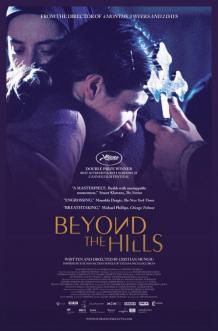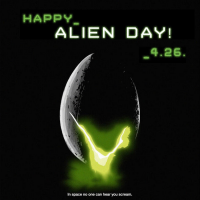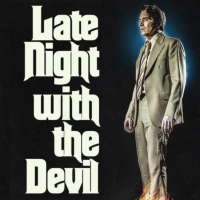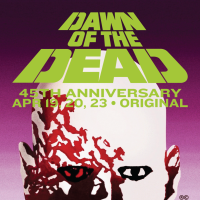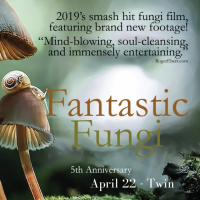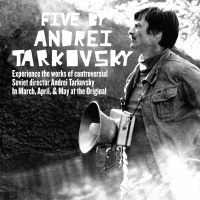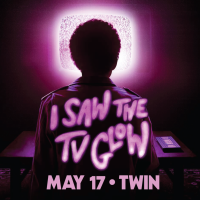DUE TO A GLITCH IN A DIGITAL FILE WE ARE ONLY ABLE TO PRESENT THIS FEATURE IN ROMANIAN WITH NO SUBTITLES. (Some subtitles appear near the end of the feature only.)
Cristian Mungiu has become synonymous with the Romanian New Wave, a film movement dedicated to bleak naturalism, methodical storytelling and clinically harsh honestys. Mungiu marshals all those aesthetic and moral forces in “Beyond the Hills,” an austere but subtly textured retelling of a 2005 news story in which a young woman died during an exorcism. Hewing to Mungiu’s signature style of long, unbroken takes and psycho-emotional “Beyond the Hills” invites the audience into a world that’s simultaneously familiar and alien, existing in a nether region between the ancient and of-the-moment.
The movie opens as Alina arrives in Romania, where she reunites with Voichita. Her best friend from their years in an orphanage, Voichita is now a nun at an isolated Orthodox monastery in the countryside. It soon becomes clear that Alina wants to build a future with Voichita, who has committed herself fully to her sisters and the priest they serve with quiet obedience. Alina lashes out in a series of increasingly desperate episodes that finally lead the community to conclude that she’s possessed.
Mungiu creates a densely layered canvas, one that can be appreciated solely for its surface beauty, with its evocatively spare setting and painterly, dimly lit tones of brown, ivory and black, not to mention the great faces he has found to bring the story to life.
The two women at the center of the narrative exert a mesmerizing pull on the camera. As sympathetic as Mungiu clearly is about Alina and Voichita’s plight, and as closely as he observes every tick and tock of their constantly shifting dynamic, his view is decidedly distant: He doesn’t comment on or give in to the hysteria that builds into a slow, strong burn. Rather he presents it with his own brand of stern, sad compassion.
It’s in the contradictions -- between superstition and rationality, scripture and science -- that Mungiu’s fascination clearly lies. With his now-signature blend of rigor, lyricism and intimacy, he demands that we be fascinated, too, and rewards our attention with images of rich, haunting power.

